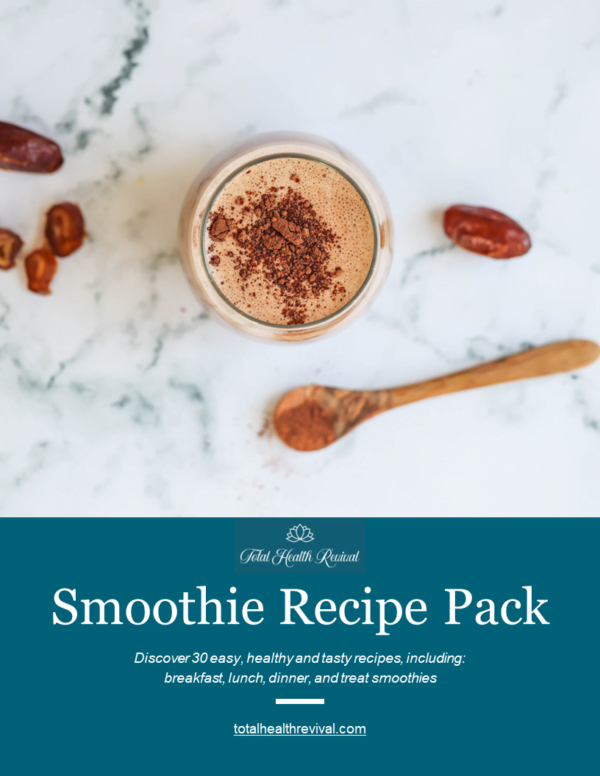Introduction to Gut Health and Bloating
Gut health plays a pivotal role in our overall well-being, influencing not only our digestive system but also impacting various other aspects of our health. The gut, often referred to as the “second brain,” is home to trillions of microorganisms that contribute to the digestive process, nutrient absorption, and immune function. Maintaining a balanced gut microbiome is essential for optimal health, energy levels, and even mental clarity.
Bloating is a common digestive issue that many individuals experience at some point. It is characterized by a feeling of fullness, tightness, or swelling in the abdomen, often accompanied by discomfort or pain. Gut bloating can be caused by a variety of factors, including dietary choices, lifestyle habits, and underlying health conditions. While occasional bloating may not be a cause for concern, persistent or severe bloating can significantly affect one’s quality of life and may indicate an imbalance in gut health.
Understanding the causes, symptoms, and natural remedies for gut bloating is crucial for anyone looking to maintain a healthy digestive system. By identifying the root causes of bloating, individuals can make informed decisions about their diet and lifestyle, ultimately leading to improved gut health and overall well-being. This blog post will delve into the various aspects of gut health and bloating, providing valuable insights and practical tips for managing and preventing this common digestive issue.
As we explore the intricacies of gut health and its connection to bloating, we will highlight the importance of a balanced diet, proper hydration, and mindful eating practices. Additionally, we will discuss the role of probiotics and other natural remedies in promoting a healthy gut microbiome. By the end of this post, readers will have a comprehensive understanding of how to achieve and maintain optimal gut health, thereby reducing the occurrence of bloating and enhancing their overall quality of life.
Common Causes of Gut Bloating
Bloating is a prevalent issue that can stem from a variety of sources. One of the most common dietary causes of gut bloating is the consumption of high-fiber foods. While fiber is essential for digestive health, excessive intake can lead to an overproduction of gas, resulting in discomfort and bloating. Similarly, lactose intolerance is another significant dietary factor. Individuals who are lactose intolerant lack the enzyme lactase, which is necessary for the digestion of lactose found in dairy products. This deficiency can cause gas formation, leading to bloating and other gastrointestinal symptoms.
Food allergies also play a crucial role in bloating. When the body mistakenly identifies certain foods as harmful, it triggers an immune response that can result in inflammation and bloating. Common allergens include gluten, found in wheat products, and certain types of nuts and seafood. Identifying and eliminating these allergens from one’s diet can significantly reduce bloating.
Beyond dietary causes, lifestyle factors are equally influential. Stress is a well-known contributor to gut bloating. When stressed, the body releases hormones that can disrupt normal digestive processes, leading to bloating and discomfort. Lack of physical activity is another lifestyle factor. Regular exercise helps to stimulate the digestive tract, facilitating the movement of gas and reducing bloating. Poor eating habits, such as eating too quickly or consuming large meals, can also cause bloating by introducing excessive air into the digestive system or overwhelming it with too much food at once.
Medical conditions can also lead to chronic bloating. Irritable Bowel Syndrome (IBS) is a common disorder that affects the large intestine and can cause bloating, along with other symptoms like cramping, gas, and diarrhea. Small Intestinal Bacterial Overgrowth (SIBO) is another condition characterized by an abnormal increase in the number of bacteria in the small intestine, leading to bloating and discomfort. Identifying and treating these medical conditions is essential for managing chronic bloating effectively.
Recognizing the Symptoms of Gut Bloating
Bloating is a common gastrointestinal issue characterized by a variety of symptoms that can significantly affect one’s quality of life. The most prominent symptom of bloating is abdominal discomfort, which can range from mild unease to severe pain. Individuals often describe this discomfort as a feeling of fullness or pressure in the abdomen, which can be particularly pronounced after meals. The sensation of being overly full is often accompanied by visible swelling of the abdomen, making it appear distended or larger than usual.
The intensity and duration of bloating symptoms can vary greatly among individuals. For some, bloating may be a fleeting issue, resolving within a few hours or a day. For others, it can be a persistent problem that lasts for several days or even longer, interfering with daily activities and overall well-being. This variability can make it challenging to pinpoint specific triggers or patterns associated with bloating.
It’s also important to note that bloating can impact daily life in various ways. The physical sensations of discomfort and swelling may lead to a reluctance to engage in social activities or exercise, and can even affect one’s appetite and dietary choices. The psychological burden of chronic bloating, including stress and anxiety, can further exacerbate the condition, creating a vicious cycle.
While occasional bloating is often a benign and manageable issue, it is crucial to distinguish it from symptoms that may indicate a more serious underlying condition. Persistent or severe bloating, especially when accompanied by other symptoms such as weight loss, persistent vomiting, blood in stools, or severe abdominal pain, warrants medical attention. These signs could be indicative of conditions like irritable bowel syndrome (IBS), celiac disease, or even gastrointestinal cancers.
Understanding and recognizing the symptoms of bloating is the first step toward effective management and relief. By identifying the specific sensations and patterns associated with this condition, individuals can take proactive measures to address and alleviate their discomfort.
Natural Remedies for Alleviating Bloating
Bloating is a common digestive issue that can be both uncomfortable and disruptive. Fortunately, there are several natural remedies that can help alleviate and even prevent bloating. Incorporating probiotic-rich foods into your diet is one effective approach. Foods such as yogurt, kefir, sauerkraut, and kimchi are rich in beneficial bacteria that support a healthy gut microbiome, which can help reduce bloating.
Avoiding carbonated beverages is another crucial dietary change. Drinks like soda and sparkling water can introduce excess air into the digestive system, leading to bloating. Instead, opt for still water or herbal teas, which can aid digestion. Peppermint tea, in particular, has been shown to relax the gastrointestinal tract and reduce bloating. Ginger tea is another excellent option, as ginger has natural anti-inflammatory properties that can soothe the digestive system.
Fennel seeds are a lesser-known but highly effective remedy for bloating. Chewing a small amount of fennel seeds after meals can help prevent gas formation and promote digestive health. Moreover, practicing mindful eating can also make a significant difference. Eating slowly, chewing thoroughly, and avoiding talking while eating can minimize the amount of air swallowed, reducing the likelihood of bloating.
In addition to dietary changes, lifestyle adjustments can play a pivotal role in managing bloating. Regular exercise stimulates the digestive system and can help move gas through the intestines more efficiently. Adequate hydration is essential for overall digestive health, as water helps break down food and absorb nutrients. Stress management techniques, such as deep breathing exercises, meditation, and yoga, can also be beneficial. Stress can negatively impact digestion, so finding effective ways to manage it is crucial.
Lastly, keeping a food diary to track what you eat and any symptoms of bloating can help identify personal triggers. By recognizing which foods or habits contribute to your bloating, you can make more informed choices to better manage and prevent it.








2 Comments